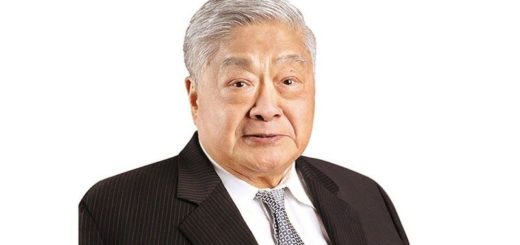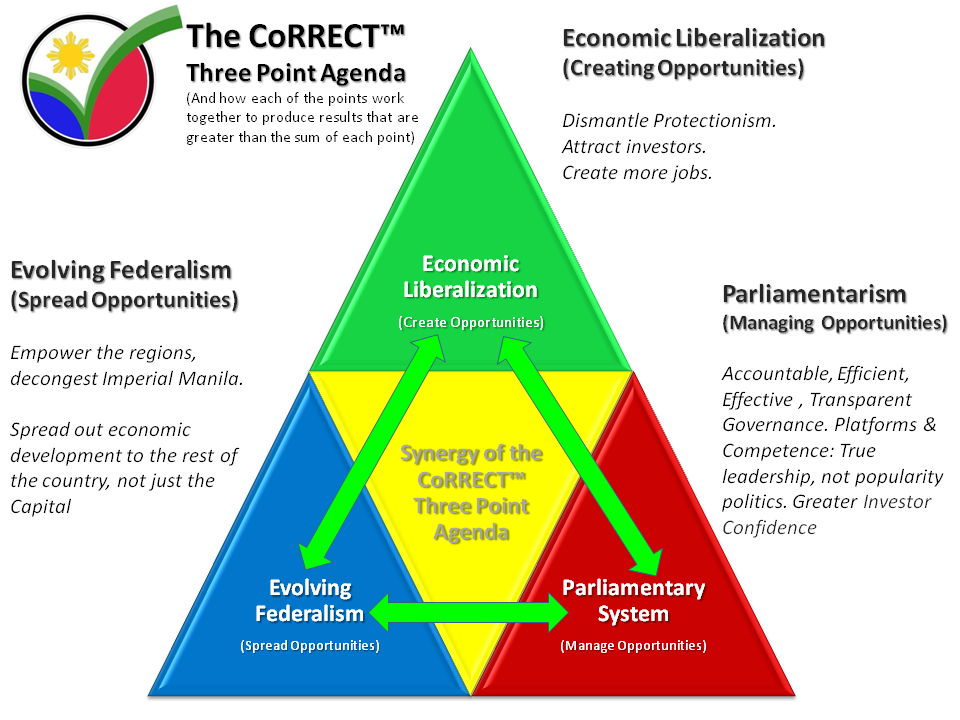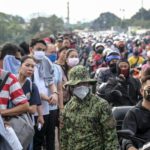Transitory Provisions
Article 239. All existing laws, proclamations, orders, decrees, instructions and acts promulgated, issued or done not otherwise contrary to this Constitution shall remain valid, legal, binding, and effective until amended, modified or repealed by the National Assembly.
Article 240. All existing treaties or international agreements, which have not yet been ratified, shall be submitted to the approval and concurrence of at least two-thirds of all the Members of the National Assembly.
Article 241. All courts existing at the time of the ratification of this Constitution shall continue to exercise their jurisdiction, until otherwise provided by law. The provisions of the existing Rules of Court, judicial issuances, and procedural laws not inconsistent with this Constitution shall remain operative unless amended or repealed by the Supreme Court of Justice.
Article 242. The Rights Enforcement Commission shall be deemed created, and the Commission on Human Rights shall be deemed dissolved, one year after this Constitution takes effect.
Article 243. The incumbent Chief Justice of the Supreme Court shall become the interim President of the Republic in accordance with this Constitution. The other incumbent members of the Judiciary shall continue in office until they reach the age of seventy years or become incapacitated to discharge the duties of their office or are removed for cause.
Article 244. The incumbent members of the Civil Service Commission, the Commission on Elections, the Commission on Audit, and the Ombudsman shall continue in office pursuant to their respective appointments, and subject to existing laws, rules and regulations thereto appertaining, unless they are sooner removed for cause or become incapacitated to discharge the duties of their office.
Article 245. All employees, personnel, or workers in government service, national or local, including those in government-owned or –controlled corporations, shall continue in office pursuant to existing laws, rules and regulations, unless they are sooner removed for cause or become incapacitated to discharge the duties of their office.
Article 246. The first elections of Representatives to the National Assembly and the first local elections under this Constitution shall be held on the second Monday of May 2016.
Article 247. Upon ratification of this Constitution, the Senate and the House of Representatives are replaced by an interim National Assembly that shall exist immediately and shall continue until the Members of the regular National Assembly shall have been elected and shall have assumed office following an election as provided in the preceding section. The interim National Assembly shall have the same powers and its members shall have the same functions, responsibilities, rights, privileges, and disqualifications as the regular National Assembly and the members thereof.
Article 248. The Members of the interim National Assembly shall be the incumbent President and Vice President, as well as the incumbent Members of the Cabinet, the Senate, and the House of Representatives.
Article 249. Upon ratification of this Constitution, the Cabinet shall immediately become the interim Council of Government, which shall be presided by the incumbent President, who shall be the interim President of the Council of Government. The incumbent Vice President shall become interim Vice President of the Council of Government.
Article 250. The interim Vice President of the Republic shall be elected in accordance with Article 92 of this Constitution.
Article 251. The interim President of the Council of Government and the interim Council of Government shall exercise all the powers and functions and discharge the responsibilities of the regular President of the Council of Government and Council of Government under this Constitution.
Article 252. The Autonomous Region in Muslim Mindanao shall exercise the powers and shall be entitled to benefits given to autonomous territories.
Article 253. Within one year and after at least sixty per centum of the provinces, highly urbanized cities and component cities of the country shall have joined in the creation of different autonomous territories, upon petition of majority of such autonomous territories through their respective regional assemblies, the National Assembly shall enact the basic law for the establishment of a Federal Republic of the Philippines, whereby the autonomous territories shall become federal states.
Article 254. To this end a constitutional Preparatory Commission shall be created that shall study and determine all constitutional, legal, financial, organizational, administrative, and other requirements necessary or appropriate and thereafter make its recommendations to the National Assembly so as to assist the latter in the enactment of the basic law and in such other measures as would provide a smooth and orderly transition of the country towards a Federal Republic of the Philippines. The Preparatory Commission shall be composed of not more than eleven members to be appointed by the President of the Republic upon the binding advice of President of the Council of Government.
All powers, authority and functions not granted by this Constitution or by law to the autonomous territories and local governments are reserved to the national Government.
Article 255. Every provision liberalizing extent of foreign ownership of corporations in certain lines of business, and of industrial, commercial and residential lands shall take effect two years after ratification of this Constitution or upon earlier passage of legislation implementing the provision.
Article 256. This Constitution shall take effect immediately upon its ratification by a majority of the votes cast in a plebiscite held for the purpose.




 I believe: This is a CoRRECT™ Video with a very positive message
I believe: This is a CoRRECT™ Video with a very positive message Walang Natira: Gloc-9's MTV Rap about the OFW Phenomenon
Walang Natira: Gloc-9's MTV Rap about the OFW Phenomenon

























